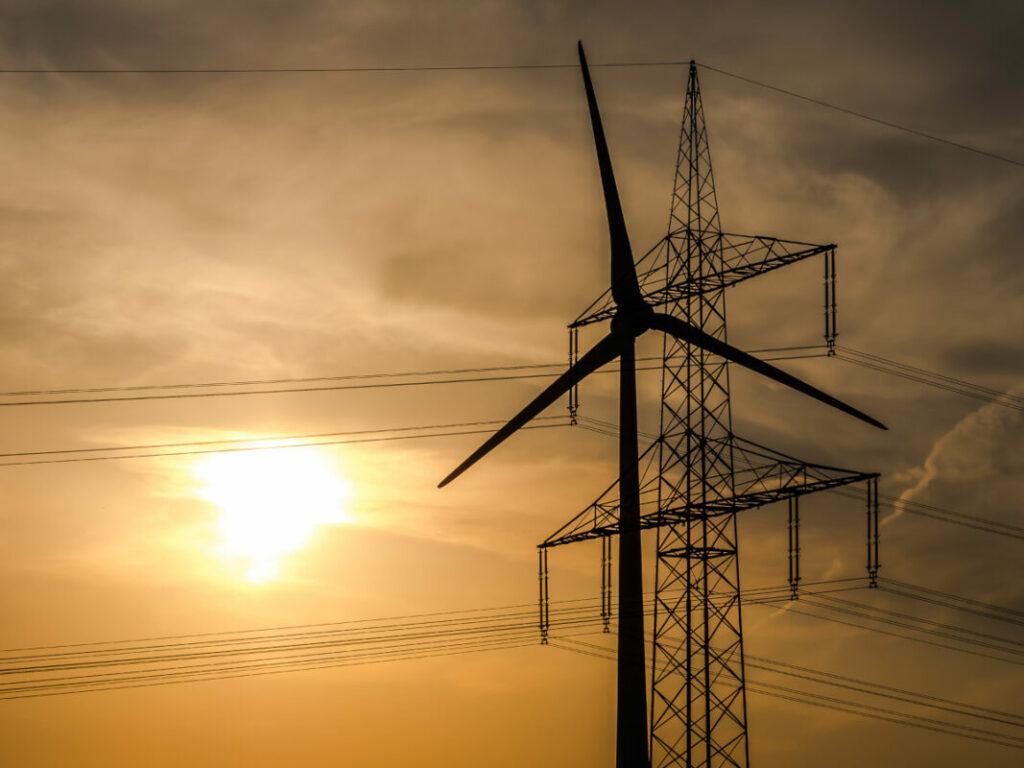The Environment Agency has updated its net zero roadmap, pushing back its net zero target date from 2030 to between 2045 and 2050.
The Environment Agency, an executive non-departmental public body, sponsored by the department for environment, food and rural affairs, has announced that its ambition to become a net zero organisation by 2030 has been pushed back due to new regulations surrounding offsetting carbon emissions.
The Environment Agency’s initial roadmap from Autumn 2019 detailed a net zero organisation on the basis of a carbon emissions reduction of 45% by 2030 and offsetting the remaining 55%.
However, the Science Based Targets Initiative (SBTi), which sets climate ambition standards for the private sector, now requires a 90% reduction in emissions with no more than 10% offset by 2050.
Therefore, the plan is no longer compliant with the standards laid out by the SBTi, which is why the organisation has updated its timeline by increasing the emissions reduction target to 90% between 2045 and 2050.
The group has also included interim goals to encourage movement forward. These include a reduction in Scope 1 and 2 emissions of at least 80% by 2030, a zero-carbon-emitting fleet of cars and vans by 2027 and a zero-carbon-emitting 4×4 fleet no later than 2030.
The Environment Agency has already successfully reduced its direct operational emissions by more than a third since 2019, primarily by electrifying a significant portion of its fleet, reducing the amount of travel and investing in more efficient infrastructure.
Yet, the organisation’s original ambition, which remains in place, of reaching a 45% reduction in carbon emissions by 2030 seems “challenging” for the group.
Forecasting delays
There have been multiple reports published by well-renowned research organisations over the past year, including the Climate Change Committee (CCC) warning from June 2023 that the country was not on track to meet the UK’s Nationally Determined Contribution (NDC) under the UN process for a 68% reduction in emissions by 2030.
The research group then followed up in October 2023, stating that the cancellation of net zero measures will likely lead to rising energy bills and motoring costs for households.
Moreover, market research company Cornwall Insight published its GB Benchmark Power Curve report that same month, which forecasted that the UK will likely narrowly miss the government’s 50GW offshore wind by 2030 ambition.
The report suggested that rising costs causing delays to the deployment of offshore wind in the short to medium term were the reasons for this missed target.
Despite the dreary outlook on the UK’s renewable future, the government remains active in launching programmes to encourage clean energy projects. For example, in December 2023, the government invested £19 million across three pilot schemes to incentivise local councils to help the country reach its net zero goals.
Two of the projects are Local Net Zero Accelerator pilots, to be granted to the Greater Manchester Combined Authority and the West Midlands Combined Authority receiving £7 million and £10 million respectively.
The money is earmarked for installing new rooftop solar panels and battery storage systems, as well as building and deploying new buses powered by electricity.





